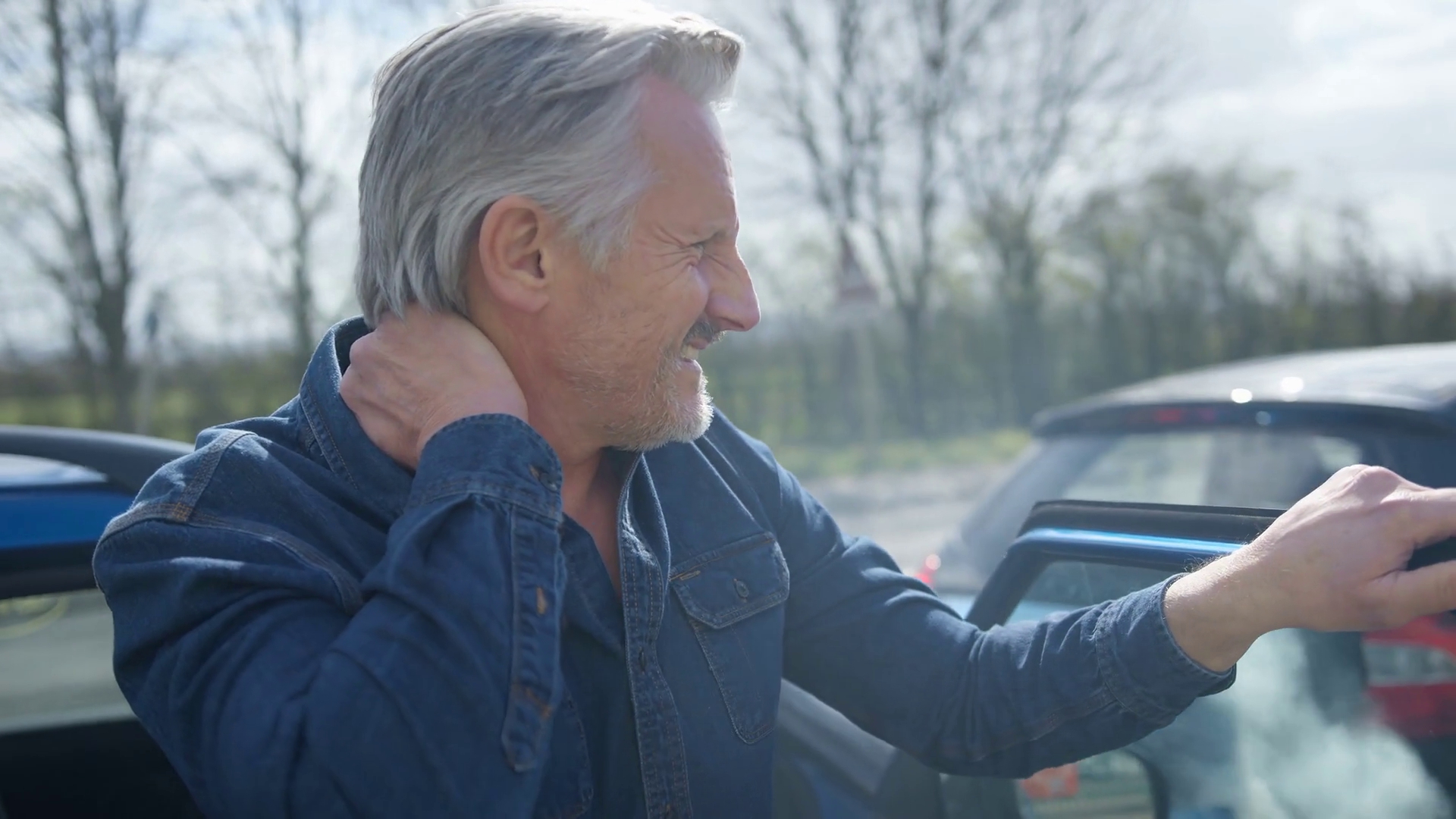Driving in Long Beach is not at all safe these days. Especially when a report listed Long Beach as one of the top 20 cities with the worst speeding problems, you must be cautious while on the road.
But what if, due to unfortunate circumstances, you were caught in a road accident? What should you do immediately after a car accident? How long do such cases take?
Let us help you find the answer to all these questions.
How Long Does A Car Accident Case Stretch In Court?
This depends on the nature of your case and the actions you take. For example, if you were involved in a personal injury during a car crash case, then you must immediately seek medical help and call someone for a thorough investigation. This could be the police or an attorney. Attorneys are more helpful because they conduct deep investigations, especially when the eyewitnesses are in contradiction regarding the person at-fault. Once all the information is gathered, it is generally presented to the insurance company, which sets off the process of negotiations and settlement.
But if you fail to settle the case, a lawsuit becomes the requirement. In such a case, you will be consulted throughout the entire stage of the lawsuit, from the initial filing of the summons and complaints to preparing the documents for trial. Once the case is filed for a lawsuit, then it sets off the discovery process. Quite similar to the investigation process, it’s generally done in a more formal setting involving lawyers, written sworn statements, and deposited documents or other testimonies to be presented that involve both parties. However, the purpose still remains the same: having a clear understanding of what has occurred (or could have occurred).
Once this discovery phase is complete, an attempt is made to resolve the case informally. One of the most common attempts is mediation, whereby both parties try to come to a compromise through the involvement of a neutral third party.
If the case still remains unresolved, it is set for trial. Once the case is set for trial, the parties should appear on a specific date and time before the court. Here, they present their version of facts, and accordingly, the judge or jury shall decide who has proven the case in the most appropriate manner and thus announce their verdict, which depends on the extent to which both parties could be involved.
An important question is, to what extent could the verdict impact you?
This depends on the nature of your case and whether or not you are the at-fault party. According to the California Vehicle Code, a person can be sentenced to different kinds of punishments depending on the nature of the case. Some of them are explained below:
1. Killing someone in a car accident
A person is said to commit vehicular manslaughter by driving in a negligent or unlawful manner, thereby causing the death of another person. According to the Penal Code of California, vehicular manslaughter depends on whether one committed it in gross negligence or ordinary negligence.
a) Gross negligence: 1 year in county jail or a maximum of 6 years in state prison.
b) Ordinary negligence: Maximum sentence of 1 year in county jail.
In addition, you could also be fined for the property damage and personal injury caused to the individual.
Despite being guilty, you have the right and means to defend yourself by making use of legal defenses such as:
-
- You didn’t act with negligence,
- Your negligence did not cause harm/death to the victim,
- You acted reasonably in such circumstances.
2. Causing injury to someone while driving recklessly
While driving a car at high speed, if you collide with a motorist and cause an injury, or cause injury to a pedestrian or other driver, then the offense is punishable by:
- Custody in county jail for up to 6 months and/ or
- A maximum fine of $1000.

Get a comprehensive understanding.
Potential defenses include:
- You were not recklessly driving,
- You had a necessity to drive recklessly,
- Your reckless driving did not cause injury to someone else.
A judge could also offer misdemeanor probation in lieu of jail, lasting up to 5 years.
3. Hit & run causing injury/death to a person in a car accident
If a person is charged with a misdemeanor, then the crime is punishable by:
- Imprisonment in county jail for up to 1 year
- Maximum fine between $1,000 to $10,000
However, if a person is charged as a felony in a hit & run case, then the offense is punishable by:
- Imprisonment in state prison for 4 years and/ or
- Maximum fine between $1,000 to $10,000
Possible defenses include:
- There was no injury or death,
- The accused wasn’t the driver,
- It was unsafe to stop there.
- Failure to appear in court
If a person is supposed to appear in court and fails to do so, then the same may be charged with custody in county jail for up to 6 months or a fine up to $1,000 for misdemeanor charges and up to 3 years or a fine up to $10,000 for felony charges. However, even in such cases, certain excuses are acceptable. For example:
- The subject did not sign an agreement to appear in court,
- The accused didn’t willfully fail to appear,
- An emergency prevented him from appearing.
But showing evidence of your innocence could take a long time. Therefore, you must try to resolve the issue as early as possible, with or without the involvement of the court or as the need may be. However, whether it’s your fault or not, you should keep a few things in mind if you’re involved in a car collision.
- Seek medical help from a personal physician you trust. If you don’t have a personal care provider (PCP) or family doctor, ask your attorney for a reputable health provider. Your personal physician might decline treatment due to fear of litigation or documentation. Also, your personal physician can be questioned by the insurance company.
- Document all your harm and losses. You may forget that due to the hassle an accident can cause. This is important if you need to get an accident claim. It’s equally important to report your accident to your insurance company for quick action.
- California law requires any collision with bodily injury or $1,000 of property damage to be reported to the DMV. Remember to take pictures of the area on your phone as a testimony of the car accident.
The best advice is to follow all traffic laws of the state. Even so, when you are in a car accident, it is best to retain the services of a reputable attorney, as the law is not always on your side.

